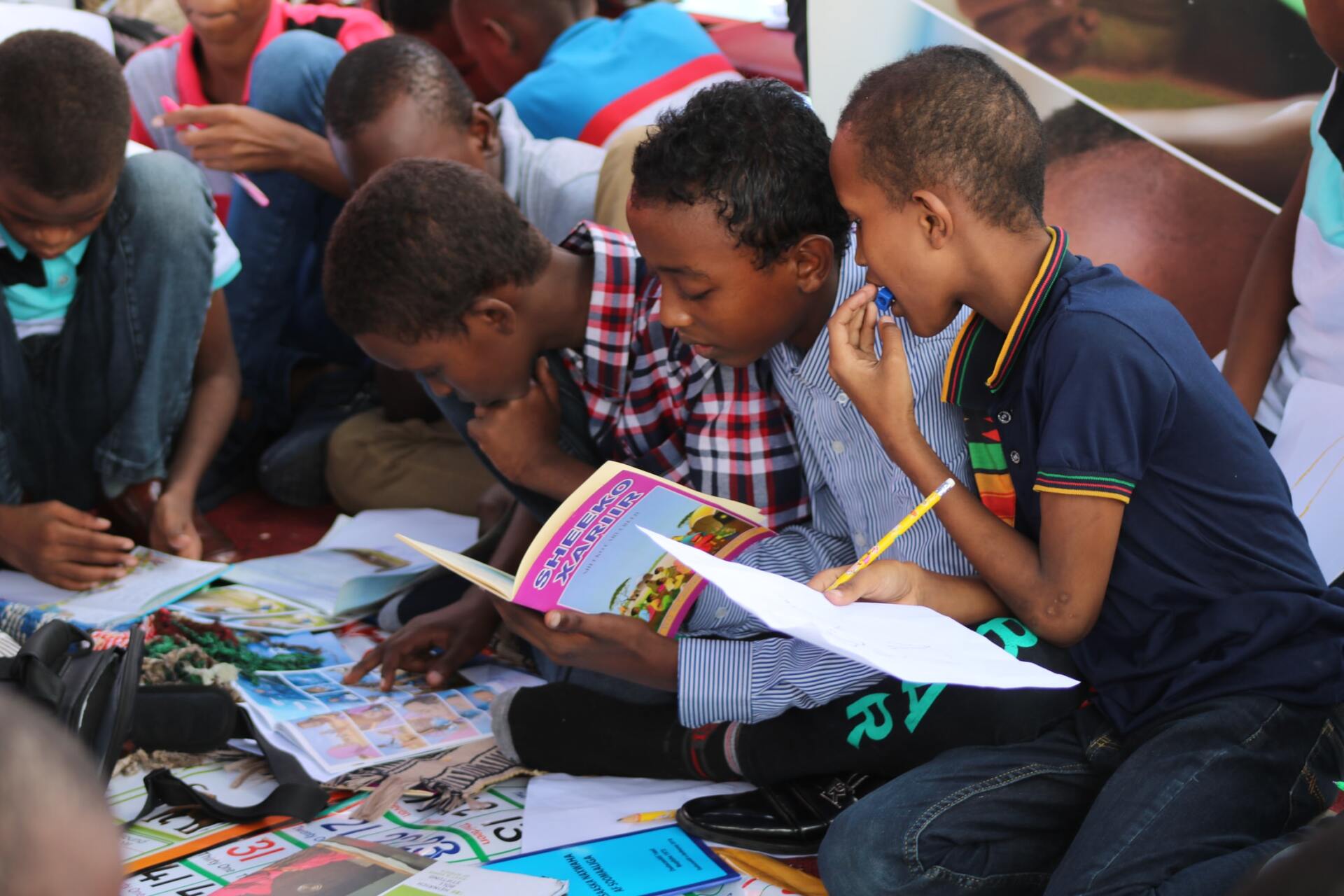Blog Post
A H Harry Oussoren • May 29, 2023
Theological Education Leadership - Series #1

The way the world is evolving, we all need to become as children learning to live faithfully as fully human beings.
~ ~ ~ ~ ~ ~ ~ ~ ~ ~ ~ ~ ~ ~ ~
Theological Leaders
For some time, I’ve been fretting and thinking about the shortfall of academically qualified, faith-based, diverse-background Canadian United Church scholars to teach and do research in the theological centres related to the United Church (UCC). School principals have expressed concern about the shallow pool of such candidates to meet their staffing needs.
In the early 1980s, we worried about appointing more British theologians to such teaching positions. Now in the 2020s, we again ask ourselves, “where is the new generation of Canadian UCC researchers and educators”?
We’ve seen a steady stream of American scholars filling vacancies in our theological schools. Happily, some American appointees dove into both United Church and Canadian life – honouring the context – and have been able to contribute substantially to the enterprise.
In the Covid 19 days we were, however, learning how hazardous it is to rely on other nations to provide professional expertise, research, and vaccines needed for health in Canada. We now have reason to lament selling off the renowned Connaught Laboratories, with the firm’s brilliant minds and proven capacity for medical and pharmaceutical breakthroughs.
Post-Colonial Canada
Trusting that other nations will provide for Canadian needs is a lazy expectation rooted in colonial thinking. Colonies seldom got the pick of the crop – whether vegetables or manufactured goods or creative intellectuals. Canada is no longer a colony and doesn’t need to act like one.
As a post-colonial nation, Canada is learning that neither the British and French parents nor the American institutions can prioritize the health and well-being of the United Church or the Canadian family. In the area of theology as in pharma, it is the better part of wisdom to develop and resource home-grown competent theological leadership.
At the same time, we know that pharmaceutical nationalism is not smart. We need all expert hands on deck. There are no borders for the virus. We need others' particular research capacity for the development of pharma wonder drugs.
Similarly, theological nationalism is no virtue, and can, in fact, become dangerously idolatrous, as we learned from Germany and now Russia. The Gospel is global; the Spirit who “works in us and others,” is ubiquitous, and God’s beloved human family is one. The world needs deeply grounded and creative minds to explore and share the theological treasures - past and present - for the future of the Earth. Within that entire human family, each community – whether religious or cultural is called to create capacity for informed discernment and shared wisdom.
United Church Contribution
The United Church of Canada is such a community – an important sub-set of Earth’s religious diversity, a part of the universal Christian household, a portion of the Protestant branch, an ecclesial community with its particular identity, history, and impacts - locally, provincially, nationally, globally.
The one human family needs the informed gifts of Canadian, UCC theological educators who bring their mix of denominational, cultural, gender, and theological gifts into classrooms, congregations, and into civil society. As a denomination, we need thoroughly informed, bright, and wise teachers of the important role religious knowledge and practice occupies in the human family and in Creation.
The UCC has a history and a particular identity worth researching and sharing. Both its regrettable sins and its courageous witness over almost 100 years is indispensable data for faithful individuals and communities for the next 100!
If Pierre Berton could identify “Canadian” with both ice hockey and the UCC, then there are good reasons to plumb the denomination’s faith, work, and witness for its life and contribution in the national context and beyond!!
The one human family, the Canadian nation, and a faithful church – whatever its size may become – need competent researchers and imaginative teachers who have lived in and understand both contexts - Canada and the United Church – as people of faith seek to address the immense global and local issues of our time and the years ahead.
R & D - Urgent Need
Bill Gates of Microsoft fame has become a (wealthy) prophet on a stage much larger than even his remarkable IT setting. He tells us that R&D – research and development – are crucial activities if we are to embrace the impending future graciously and beneficially.
That is true for his business, but equally important for the Church and other faith traditions. Skilled, discerning, and inspired intellects need to marry both the heritage and reality of faith with present and future dilemmas, so that faithful witness and compassionate justice are woven into the life of the world – into the shalom God intends for all our relations – people, creatures, Creation.
Thoughtful Faith
Douglas Hall, now retired from teaching theology at McGill University, writes, “thought-less faith …. is today a stage on the road to the extinction, not only of Christianity itself, but of whatever the architects of our civilization meant by ‘Humanity’. Only a thinking faith can survive. Only a thinking faith can help the world
survive.” (Hall’s emphasis, p. 13*)
Simplistic fundamentalism will not bless the world. A thinking faith requires an awareness of God’s multi-billion years of Creation and multi-millennia of scripture, writings, thought, and witness – the global Tradition – that the faithful of many contexts have passed along to our generation. All this remembering must be accompanied by “awareness of ourselves, our own identity, our ‘situation in life….” (Hall, p. 14)*
Today, more than ever, we must take seriously the movements, trends, blinders, perceptions, visions peculiar to our time and place – our context - as Canadian Christians, in a pluralistic, multi-cultural, multi-faith, inequitably endowed world together longing for justice and peace – God’s reign.
A recent comment by an observer of human development stunned me. He stated that the World-Wide-Web and the technological revolution is the biggest single advance in human history since humans started to walk upright!! The entire global human family and the whole of Creation, of which we are all a part, has been impacted by this core IT transformation, by dramatic global changes, AND by the unfathomable explosion of available and accessible knowledge.
Christians and all people of faith and goodwill need wise, thoughtful, and faith-filled leaders to humbly help us all wend our way through life's complexities in a creative and faithful way.
So why are we failing to produce enough gifted and qualified Canadian United Church theologians?
Money....
A whole new post could list the factors. A small volunteer task group identified some of the issues:
- lack of appreciation for the role of academic research and teaching for the church's diverse ministries
- general decline of church membership
- lack of inviting and mentoring gifted persons to further study in theology and ministry
- lack of academic employment opportunities for holders of doctorate in Canada
- Church processes blocking employment while studying
- the high cost of doing graduate studies
- Students' high debt loads from undergraduate studies
But one fact stands out most dramatically: money.
Graduate studies is a costly activity. An academic doctorate requires three or four years of further study beyond the basic Master of Divinity degree! In times when tuition fees were low, the main costs were for food and lodging. But now fees are astronomical, and the cost of living has risen proportionately. American schools are able to produce more scholars because they have huge endowments financing graduate theological students.
By comparison Canadian schools and church bodies are poor cousins. There are some bursaries and scholarships but amounts tend to reflect the generosity of a previous era, not current costs. At this years meeting of the UCC Foundation's Academic Scholarship and Awards group there were 26 applicants. Thirteen of these had a total debt load of $124,000. The 26 applicants were requesting grants of just under $295,000. The Foundation Board was able to distribute no more than $117,458. In 2022, 55 applications were considered and only 29 were able to receive partial grant funding totaling about $118,000. Amounts granted will mean some will go deeper in debt. Others will decide on part-time studies dragging out the process by years. And others will choose other paths of service.
Now is the time for a new surge in giving to strengthen the United Church Foundation's capacity for helping to fund gifted applicants. Responding to the Spirit's calling for informed wisdom is an honourable vocation and essential as Canadian society urgently needs the voices of faith to share clear thinking and commited truth for the healing of Creation.
~ ~ ~ ~ ~ ~ ~ ~ ~ ~ ~ ~ ~ ~ ~ ~ ~
*Douglas John Hall, Thinking the Faith – Christian Theology in a North American Context. Minneapolis, Augsburg Press, 1989. ISBN 0-8066-2388-8.
Pilgrim Praxis

By Diana Ralph
•
March 25, 2025
Political Zionists do not speak for all Jews. The brutal war on Gaza and the Occupied Territories of Palestine by the State of Israel contradicts foundational Jewish values. "All or None" is a sermon preached by a co-founder of Independent Jewish Voices Canada in the week after Israel broke the Ceasefire and resumed its genocidal assaults on Palestinians.
Contact Harry
Thank you for contacting us.
We will get back to you as soon as possible.
We will get back to you as soon as possible.
Oops, there was an error sending your message.
Please try again later.
Please try again later.
Share
Tweet
Share
Mail
